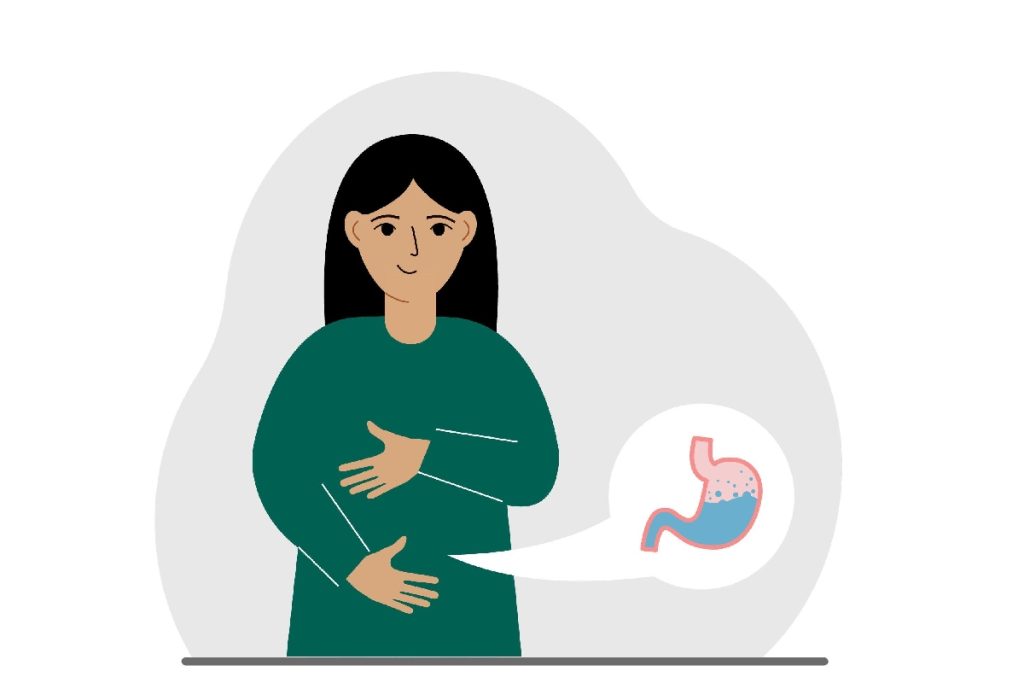Women’s Digestive Health – Digestive health is an integral part of overall well-being. It not only affects the absorption of nutrients from our food but also influences our immune system, metabolism, and even mental health. For women, maintaining optimal digestive health can be influenced by hormonal fluctuations, dietary habits, stress levels, and the use of certain medications. This article explores several supplements that can aid in promoting women’s digestive health.
Table of Contents
Probiotics
Probiotics are living microorganisms which are consumed in adequate amounts and provide health benefits to the host. They are found in various fermented foods like yogurt, sauerkraut, and kimchi, but can also be taken as dietary supplements. The most common probiotics come from two groups, Lactobacillus and Bifidobacterium, each comprising different strains that confer various health benefits.
For women, specific probiotic strains like Lactobacillus rhamnosus and Lactobacillus reuteri may help with vaginal health by maintaining a healthy balance of bacteria and yeas products such as digestive vibrance and uqora. Other strains like Bifidobacterium longum and Bifidobacterium bifidum can support gut health, reducing symptoms of irritable bowel syndrome (IBS) such as bloating, abdominal pain, and irregular bowel movements.
Digestive Enzymes
Digestive enzymes break down complex foods into smaller components that our bodies can absorb. For instance, the enzyme lactase helps digest lactose, the sugar in milk, which many people find difficult to digest. Other enzymes like protease, amylase, and lipase help break down proteins, carbohydrates, and fats, respectively.
Supplementing with digestive enzymes can be particularly useful for women who experience food sensitivities, bloating, or indigestion. However, they should be taken under the guidance of a healthcare professional, as indiscriminate use may impact the body’s ability to produce these enzymes naturally.
Fiber
Dietary fiber is a plant-based nutrient that the body cannot digest or absorb. In its place, it passes relatively intact through the digestive system, providing numerous health benefits. Fiber supplements can come from a variety of sources, including psyllium husk, wheat dextrin, and inulin.
Fiber aids in maintaining a healthy weight, and lowering cholesterol levels, and regulating blood sugar levels. It also promotes bowel regularity by adding bulk to the stool, making it smooth to pass. This can help alleviate or prevent constipation, a common issue for many women.
Omega-3 Fatty Acids
While omega-3 fatty acids are usually lauded for their heart health benefits, they also play a crucial role in digestive health. Omega-3s, found in fish oil and flaxseed, have strong anti-inflammatory properties that can help manage inflammatory bowel diseases like Crohn’s disease and ulcerative colitis.
For women, omega-3 fatty acids can also help regulate hormonal imbalances, which can indirectly impact digestion and metabolism. Furthermore, research suggests omega-3 fatty acids can support gut microbiota diversity, essential for optimal digestive health.
Glutamine
Glutamine is an amino acid, which serves as a primary fuel basis for the cells in the gut lining. It aids in maintaining the barrier between the inside of your intestines and the rest of your body, preventing harmful substances from leaking out.
Supplementing with glutamine can be particularly beneficial for women suffering from ‘leaky gut syndrome’, a condition characterized by increased intestinal permeability. This supplement may also help reduce symptoms of IBS, including bloating, abdominal pain, and a change in bowel habits.
Peppermint Oil
Peppermint oil is a natural supplement that has been used for centuries to treat a variety of digestive issues, including indigestion, bloating, and gas. It contains a compound called menthol, which has a soothing effect on the muscles of the gastrointestinal tract.
Several studies suggest that peppermint oil, in the form of enteric-coated capsules, can alleviate the symptoms of IBS. For women suffering from this condition, peppermint oil can provide natural, effective relief.
Conclusion
While supplements can be incredibly beneficial in managing and enhancing digestive health, it’s essential to remember that they are not a replacement for a balanced diet and healthy lifestyle. Regular exercise, adequate hydration, stress management, and a diet rich in fruits, vegetables, slender proteins, and whole grains form the foundation of good digestive health.
Before starting any new supplement regimen, it’s advisable to consult with a healthcare professional or a listed dietitian. They can guide you based on your individual health needs and conditions, ensuring you receive the maximum benefits from your supplements while minimizing potential side effects. Women’s digestive health is a crucial component of overall well-being – treat it with the care and attention it deserves.
